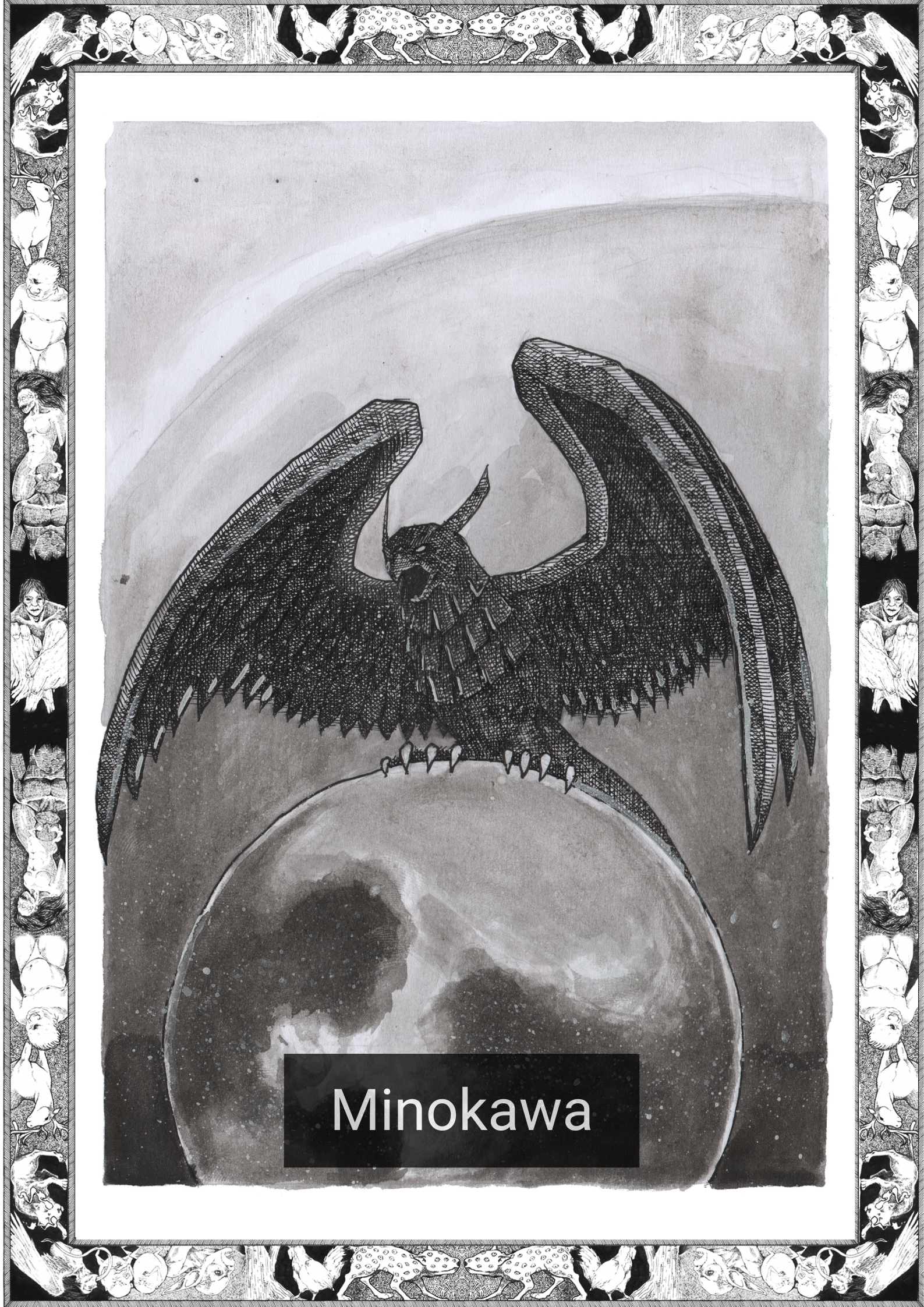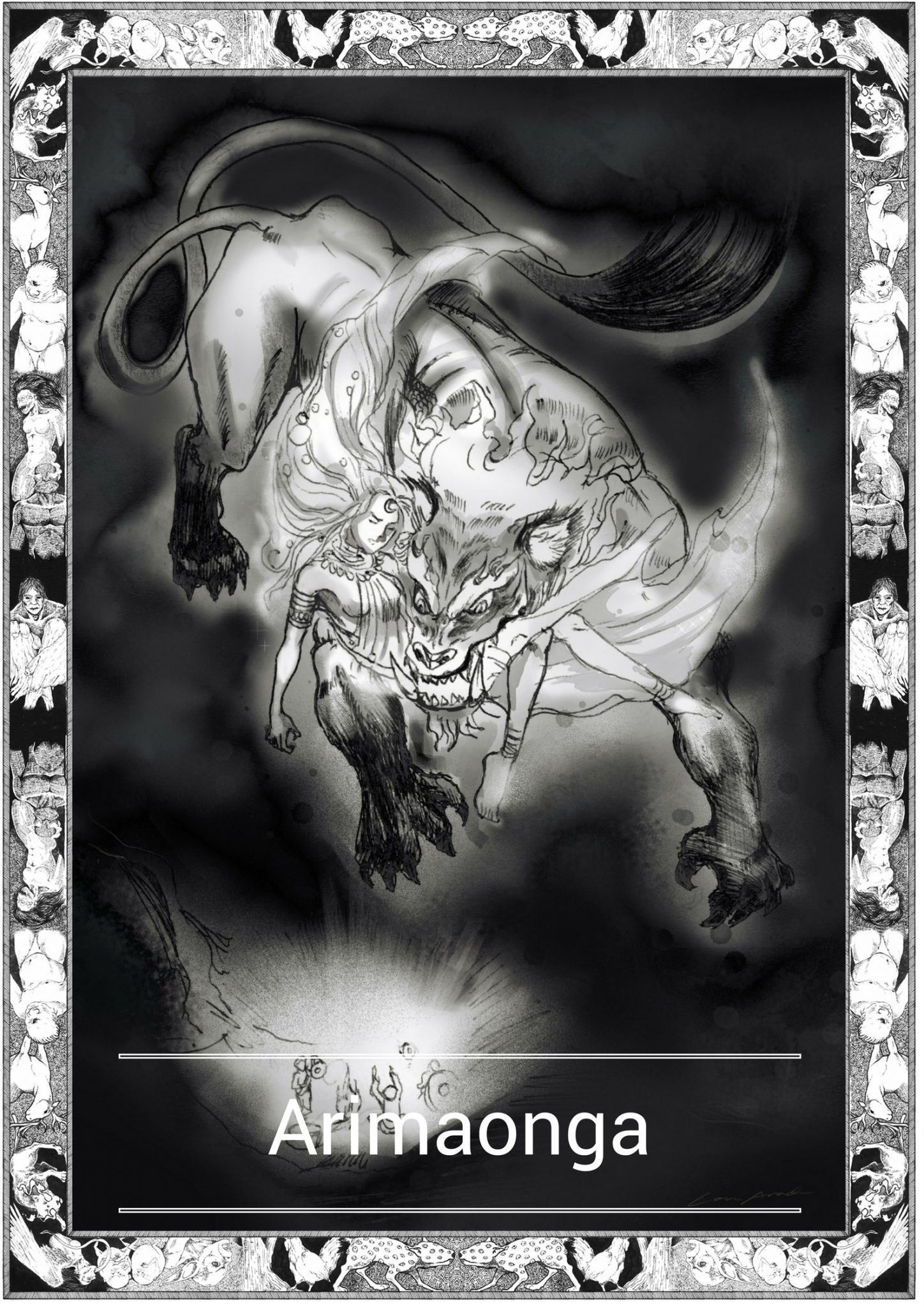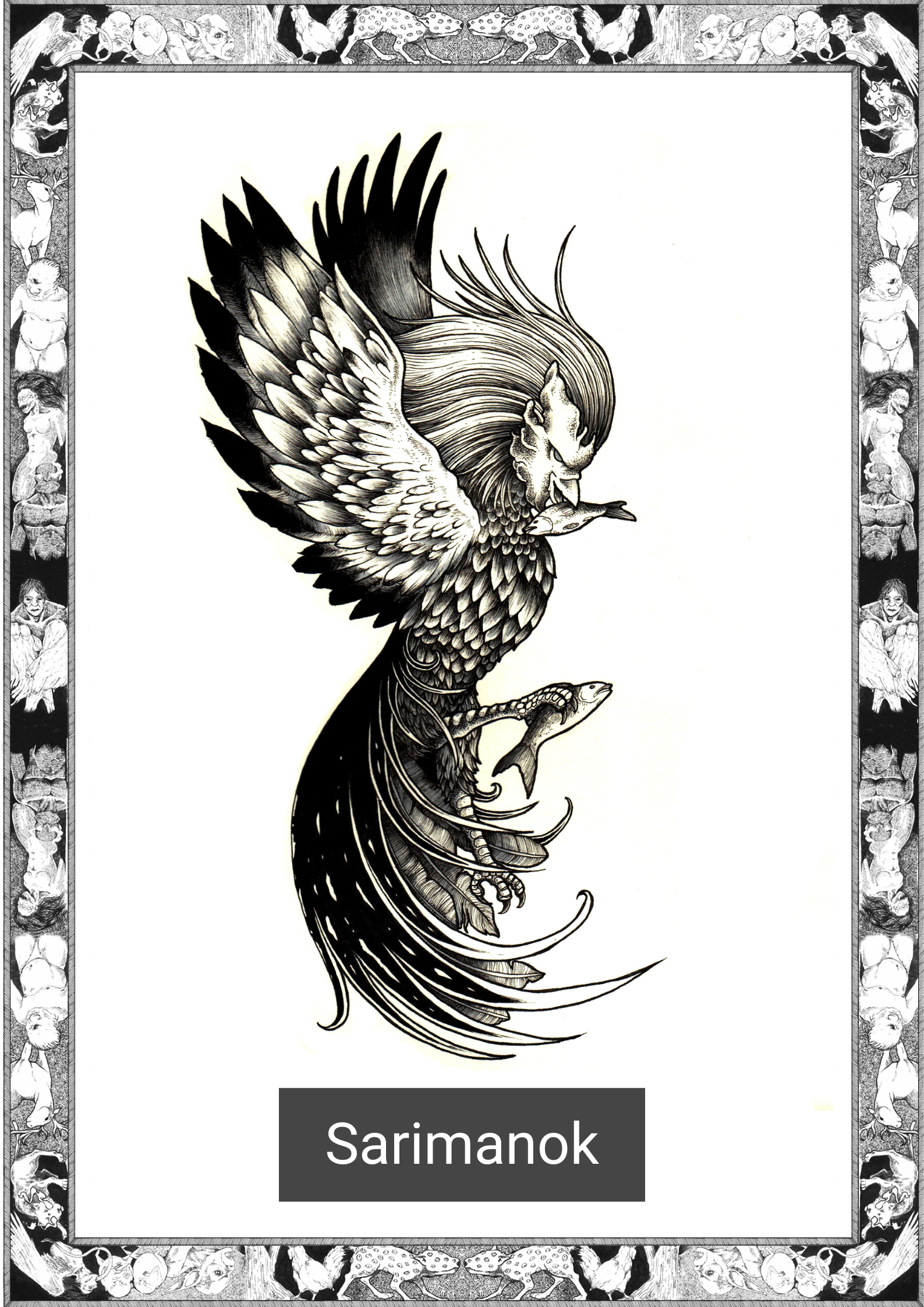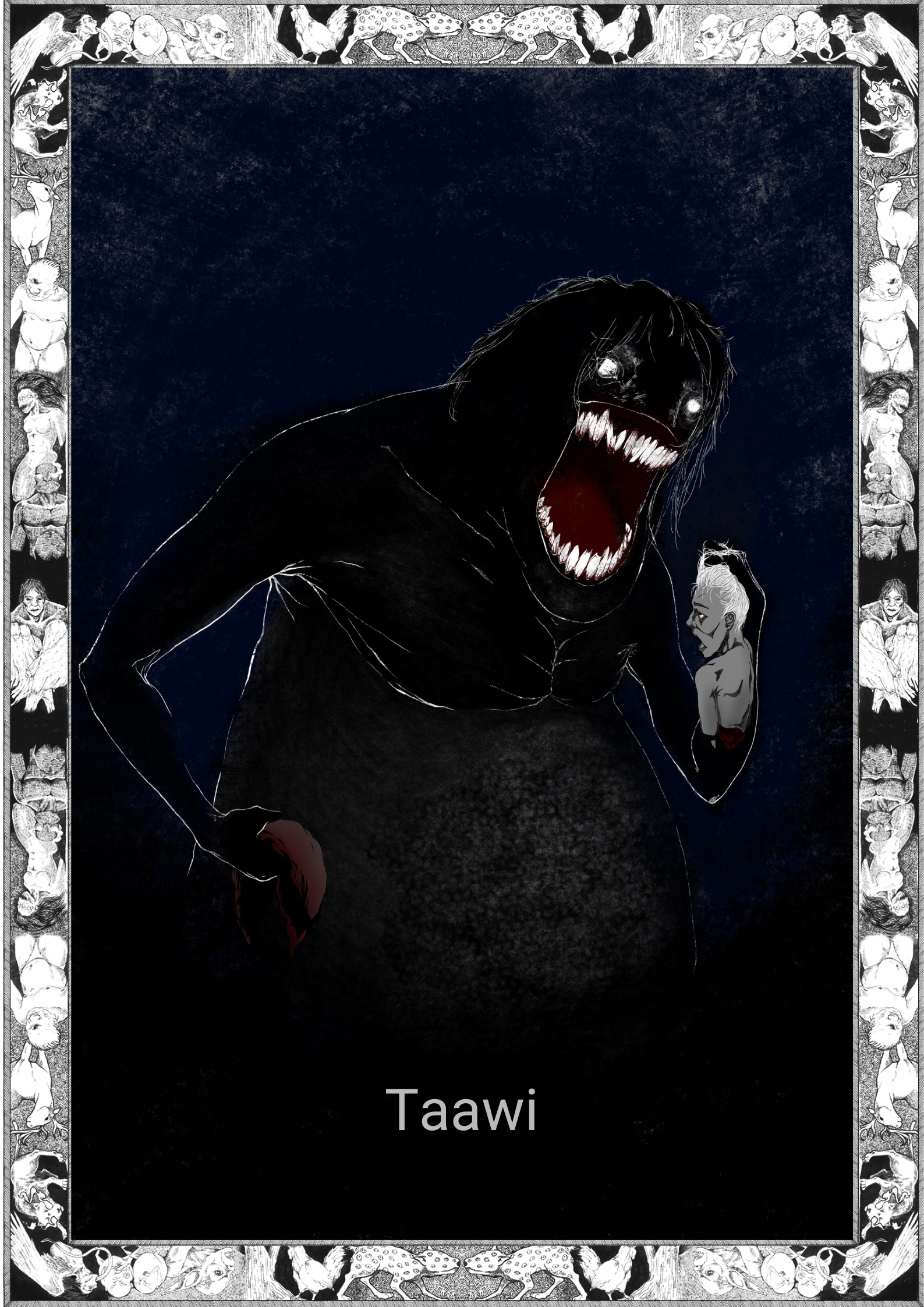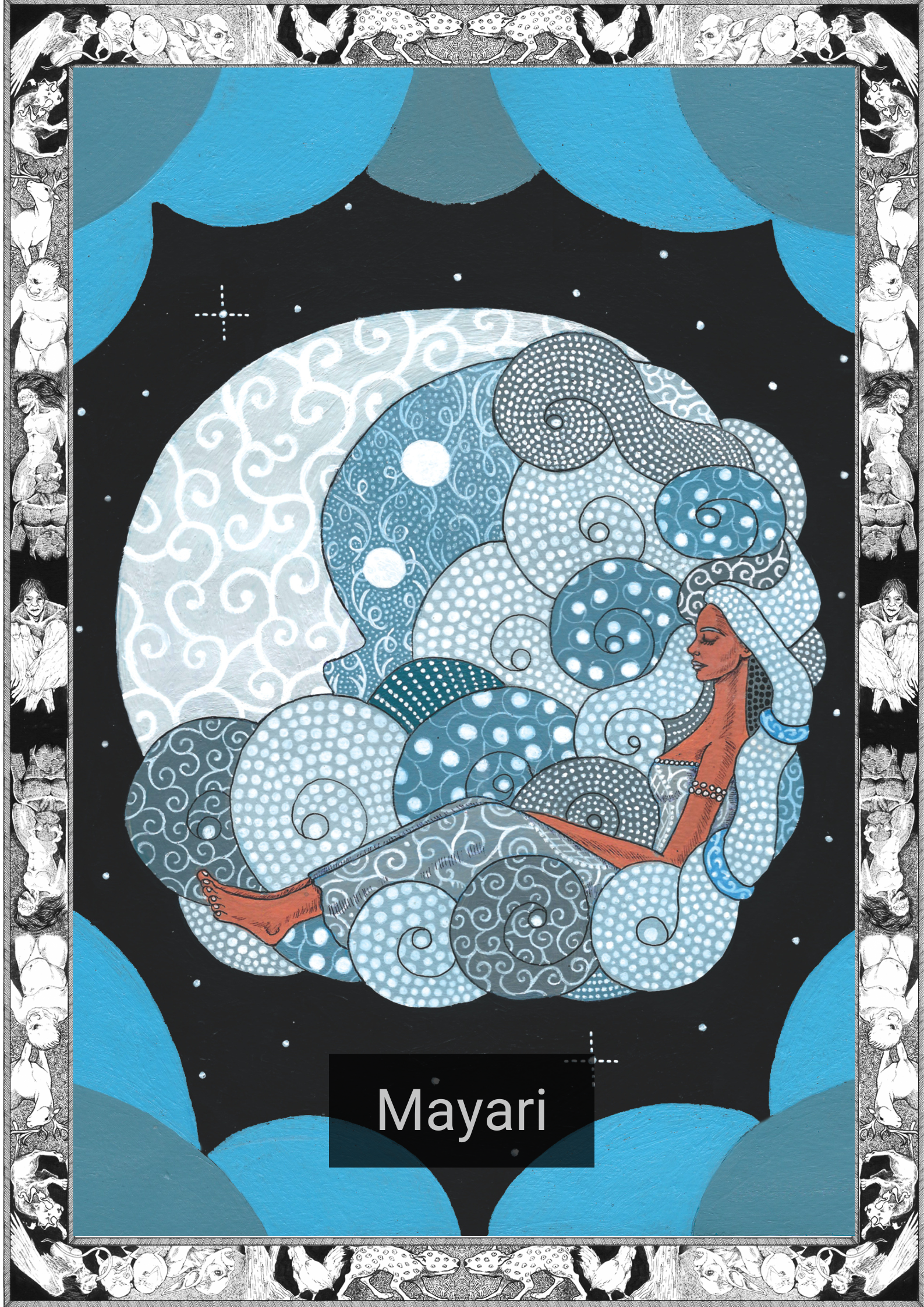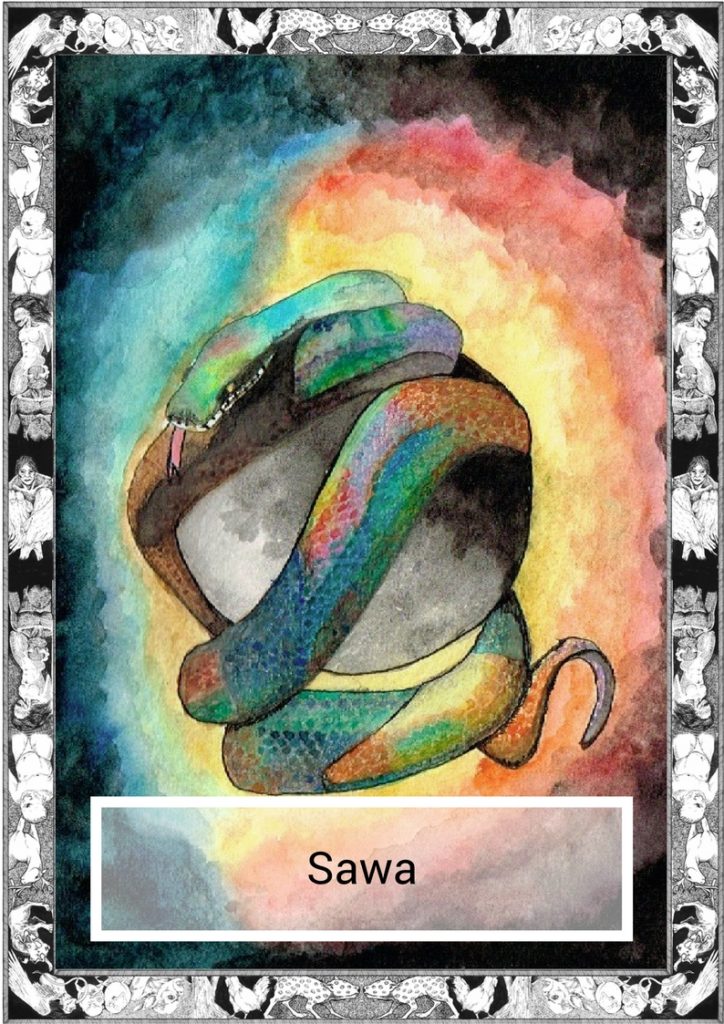
*Note this story is in Pangasinan/ Pangasinense
Aray danum na dayat et simmiling na singa sakey na butil tan abetag ng alahas (dyamante), singa apoy o parlang tan silew na bitwin.
Natan na labi, singa kaparyas ya amin na labi, say getma to, aya et otet la, dyad panaon na pankokoegip to tan say entitilek ed linawa tan nonot to et arom, ed saman na oras et sarag ton likumen say nipakna ed likna to.
Wala ney sakey na pasen na abong, imbaga tod ina to na amin na istorya to wala ney panaoy pan alis alis daray antokaman na totoo ed san aney na pasey isla. Balet say oras et naoputan la. Simmilip tan nimmingning dyad arapay patar, na dakel iray taga byek taew (turista) na immaalis nipeg na anengneng day irap na bilay ed saman na lugar.
Nen saman ayan lugar et sakey na masanting na isla na dakel na too na manbibilay, natan singa la malapatey o malainatey na lugar ya alaes la, ya naantaan ya aray arom na too na taga biyek taew (turista) na asubraan iray pinan gamit ed saman na lugar.
Immagos tan timmerter so akes to ed lupa simmabi anggad kainepan na saray pakaanta.
Tinepetan toy sarili to, “aya amo so kapalaran ya totoo dyad pasen me”.
Abalang tan abayag ya irmen so limmad pasen da.
Inpikit toy mata to tan imingas ya dagew ed kalabian to, inkarga toy lima to dyad banday ulo to ed anlimek na pasen na bwer, intokotok tod sarili to anggap napano na aliwan nonot tan kanonotan to.
Abangon tan nanpainawa, insekder totan anonotan to na aliwa so limmad kanonotan to.
Saray bitwen aga simmilew ed dayat, agto alikas so pitang daray arom na bulan.
Alikas ton amin, no amin iray too to ed saman na pasen no walay getma (posilidad) da, tan enla irad saray paka bilayan da, pero andi, abalang so limmipas na getma tan abalew to.
Pimmawel dyad abong to tan dyad saray ateng to tan apater dyad bilonget na bilay to.
Aga angiter na nipeg na panirapan tod loob to, ta anta tod sarili to na amin na too to ed unoener ed sikato dyad angadngad bilay to.
Say bilonget tan liwawa na nanpegleyan tod sikato et anggapoy akira parad sikato.
Anggad dyad patar na dayat et aliber tan abalkot lay irmen.
Anggad say pamilya to et nipeg lan enkerew na pikakasi.
Immeyag, pan nadayew tan nataktakot iray kasubeg to ya sakey na ginatinan tan biktima nen saman na agew.
Endadaloy ed dala to eray dalay totoo to tan kakaiba ton totoo.
Pero say irmen tan bilonget et pimmayagpag ed lugar da.
Pinulyanan ton laed dad oleg na agew, apatalimukor ed pweg to tan timmerter tan immagos so akes to tan apaktak ed kipapasen na ambilonget.
————————————————————
English Version
The sea glistened like a field of crushed diamonds, reflecting the soft light of the stars.
Tonight, as in all nights, was her ritual. It was late, the time when dreams fluttered in the minds of others, and it was this time that she could collect her thoughts.
There was little left for her in what should have been her home. Her mother had told her stories of when her people would move as nomads all over the island, but those times were long past. She looked at the beach, now filled with tourists escaping the drudgery of city life. This place was once a paradise for her people to live, now it was a hollow shell of its former self, chipped away at the ends by the consumption of man.
A soft tear made its way down her cheek, and her sorrow reaches its peak. How did it come to this, was this really the destiny of her people? Forever lost, forever wandering for their place in the world?
She closes her eyes and breathes in the night air. She lays her head on the soft sand, letting the thoughts fly through her mind until darkness fills her.
She awakens, rested and ready, yet something is not right.
The stars are not reflected on the sea, she cannot feel the warm glow of moonlight.
Instinctively she knows.
It is early, when her people would tend to the fields and go about the means of their survival, but no, she corrects herself, the old ways are gone.
The darkness fills her vision until nothing is left.
Until the beaches are covered with concrete.
Until the forests are drowned by the mines.
Until her family has to resort to begging.
She knows she has to shout, to make the sun fight back against its victimhood. It is in her blood, the blood of her people.
Yet silence reigns.
“Let the serpent take the sun.” She falls on her knees and her tears fall into the darkness.
——————————————————————————
*Pangasinan (Salitan Pangasinan) – sometimes called Pangasinense is one of the major languages of the Philippines. It is the language spoken in the province of Pangasinan, on the west-central seaboard of the island of Luzon along the Lingayen Gulf, the northern portion of Tarlac and southwestern La Union, most of whom belong to the Pangasinan ethnic group. Pangasinan is also understood in some municipalities in Benguet, Nueva Ecija, Nueva Vizcaya, and by the Aeta or Aeta of Zambales.
Written by Karl Gaverza
Translation by Joelson Dalioan Nazam
Copyright © Karl Gaverza
Translation Copyright © Joelson Dalioan Nazam
Story inspired by the Sawa description in Creatures of Philippine Lower Mythology. Ramos. 1971.
Sawa Illustration by Patricia Zulueta
Instagram: Instagram.com/crimsonart_

